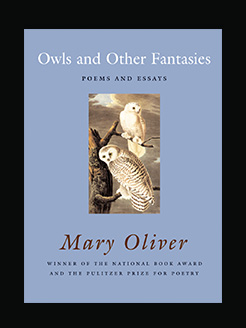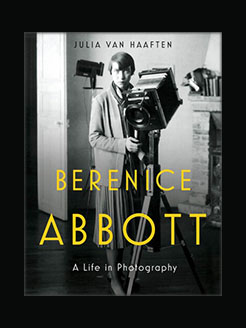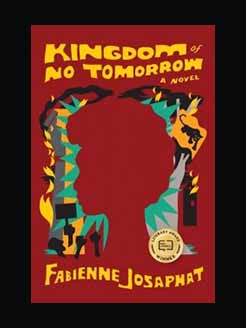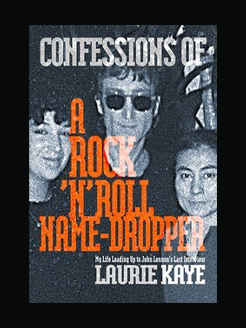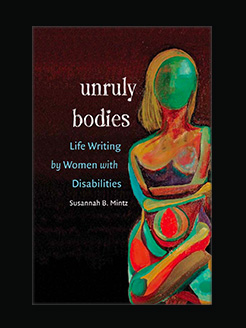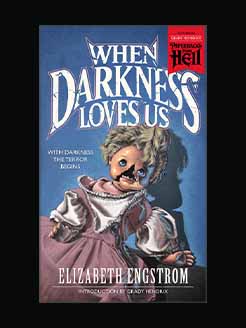Published in 2019 (first published 2013)
89 pages
Patricia Paola Fernández Silanes (Santiago, 1971), better known as Nona Fernández, is a Chilean actress, writer, screenwriter and feminist. The only child of a single mother, Nona Fernández grew up in a neighborhood on Avenida Matta near the Bíobío Persian market. As an actress, she founded the company Merri Melodys, participated in the staging of many plays, and won a contest organized by the Chilean-North American Cultural Center for best actress. Her stories first appeared in various contest anthologies, and her first book of stories came out in 2000: El Cielo. Two years later she published her award-winning novel Mapocho.
Natasha Wimmer is a translator who has worked on Roberto Bolaño’s 2666, for which she was awarded the PEN Translation prize in 2009, and The Savage Detectives. She lives in New York.
What is this book about?
Longlisted for the National Book Award for Translated Literature
A dreamlike evocation of a generation that grew up in the shadow of a dictatorship in 1980s Chile
Space Invaders is the story of a group of childhood friends who, in adulthood, are preoccupied by uneasy memories and visions of their classmate Estrella González Jepsen. In their dreams, they catch glimpses of Estrella’s braids, hear echoes of her voice, and read old letters that eventually, mysteriously, stopped arriving. They recall regimented school assemblies, nationalistic class performances, and a trip to the beach. Soon it becomes clear that Estrella’s father was a ranking government officer implicated in the violent crimes of the Pinochet regime, and the question of what became of her after she left school haunts her erstwhile friends. Growing up, these friends—from her pen pal, Maldonado, to her crush, Riquelme—were old enough to sense the danger and tension that surrounded them, but were powerless in the face of it. They could control only the stories they told one another and the “ghostly green bullets” they fired in the video game they played obsessively.
One of the leading Latin American writers of her generation, Nona Fernández effortlessly builds a choral and constantly shifting image of young life in the waning years of the dictatorship. In her short but intricately layered novel, she summons the collective memory of a generation, rescuing felt truth from the oblivion of official history.
